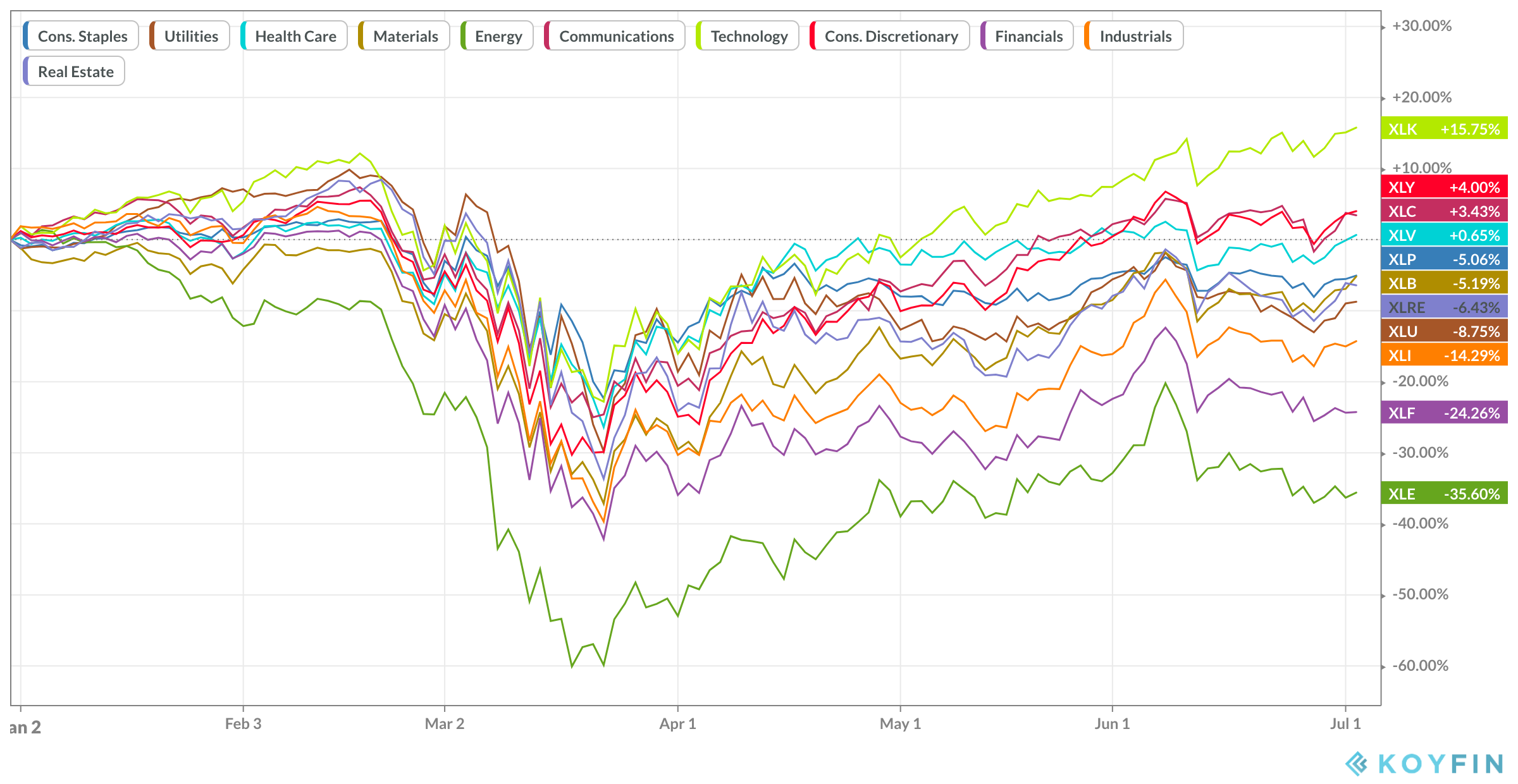Who is Kevin Hassett? Wolfe looks at the Trump ally tipped to become Fed Chair.
Just a few days ago we wrote about the global decline in mergers and acquisitions in the second quarter.
According to Refinitiv, global M&A totaled $485.3 billion in the second quarter, a decline of 55% from the same period a year earlier. The total marks the lowest dollar amount for M&A activity since the third quarter of 2009. Even worse, the 8,272 deals in the second quarter marked the lowest quarterly deal volume since the third quarter of 2004.
Warren Buffett—who just a few months ago said "we don’t see anything that attractive to do," finally pulled the trigger over the weekend, giving the third quarter its first major deal.
Berkshire Hathaway Energy announced it will acquire the natural gas transmission and storage assets of Dominion Energy (NYSE:D) for $9.7 billion. The deal sees Berkshire paying $4 billion in cash and assuming $5.7 billion in debt.
Although the $4 billion outlay barely puts a dent in Berkshire's $137 billion cash pile, it marks Buffett's first major acquisition since Berkshire acquired Precision Castparts for $37 billion in 2016.
The deal also means Berkshire Hathaway Energy will now carry 18% of all interstate natural gas transmission in the US, up from the 8% it currently carries. The assets in the deal amount to more than 7,700 miles of natural gas transmission lines as well as 900 billion cubic feet of gas storage.
"We are very proud to be adding such a great portfolio of natural gas assets to our already strong energy business," Buffett said in a statement regarding the deal.
Berkshire Hathaway Energy, which is 90% owned by Berkshire Hathaway (NYSE:BRKa), includes utilities such as MidAmerican Energy, NV Energy and PacifiCorp, as well as natural gas pipelines and wind power assets. Berkshire Hathaway Energy accounted for 12% of Berkshire’s operating profit in 2019 and is led by Greg Abel, who also serves on Berkshire's board of directors and is widely seen as a potential successor to Buffett.
Interestingly, Buffett appears to have stuck to his mantra of being "fearful when others are greedy, and greedy when others are fearful." With technology stocks getting all of the attention and trading at record highs, Buffett chose to strike a deal in the beaten-down energy sector.
The energy sector is down more than 35% so far in 2020, far worse than the second-worst performing sector—financials, which has dropped more than 24% so far this year. For comparison, the technology sector is up more than 15% year-to-date.

With criticism of Buffett seemingly coming from every direction, it will be worth watching how this deal ages. Buffett chose to invest in the worst-performing sector in lieu of "sexy" sectors that have fared much better recently.
Finally, for those who still insist "he’s washed up," Berkshire's largest common stock holding as of the end of 2019 is Apple (NASDAQ:AAPL), which accounts for nearly 30% of Berkshire's common stock investments and has gained well over 100%.
